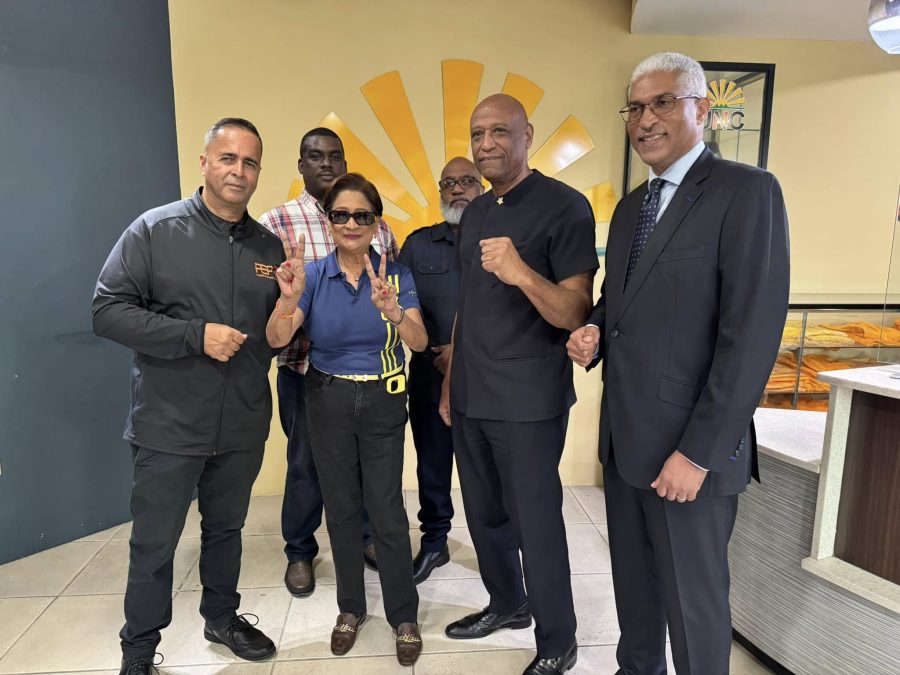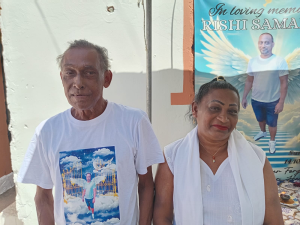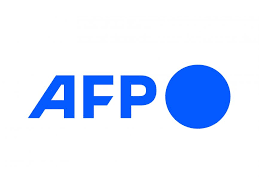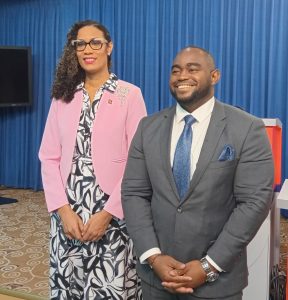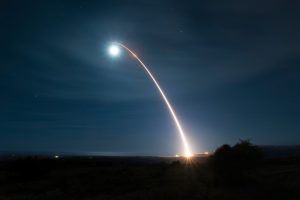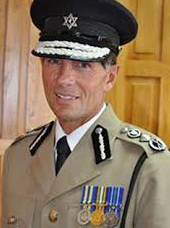IN a strategic move to challenge the ruling People’s National Movement (PNM) in the next general election, the United National Congress (UNC) is forging alliances with smaller political parties and key trade unions.
This initiative was announced on Thursday and political leader of the UNC Kamla Persad-Bissessar described it as a “coalition of interests”.
The parties involved in these discussions include the Progressive Empowerment Party (PEP), led by Phillip Edward Alexander, the Movement for National Development (MND), headed by former attorney general Garvin Nicholas, and the Congress of the People (COP). Prominent trade unions such as the Oilfield Workers’ Trade Union (OWTU) and the Public Services Association (PSA) are also part of the talks.
Persad-Bissessar led separate meetings with these groups at the UNC’s headquarters in Chaguanas, focusing on key constituencies like Arima and St Augustine. She said that this coalition aims to surpass the success of the 2010 People’s Partnership, highlighting the advantage of having more time to solidify these alliances.
“This coalition is more comprehensive than in 2010,” Persad-Bissessar noted. “We are bringing together diverse interests, including the trade union movement and other political parties, to create a united front.”
While she refrained from disclosing whether new partners would be allocated specific constituencies, Persad-Bissessar assured that the experience gained from past coalitions would guide their efforts.
JTUM leader Ancel Roget justified the unions’ collaboration with the UNC, citing widespread public distress as a catalyst. “The trade union movement cannot ignore the suffering of the people. Partnering with the UNC is our viable solution,” he said.
COP interim leader Kirk Sinnette expressed optimism about the coalition, highlighting lessons learned from past political experiences. Despite historical divisions, he voiced a willingness to collaborate with the UNC.
Absent from the talks were HOPE, led by Timothy Hamel-Smith. It’s deputy leader, Karen Nunez-Tesheira, said their absence was due to scheduling constraints.
The UNC’s history of coalition-building dates back to its founding in 1988 and its pivotal role in the 2010 People’s Partnership.
![]()


